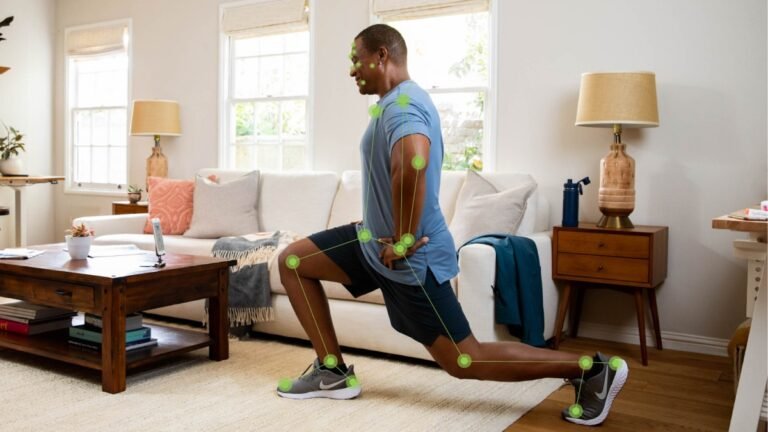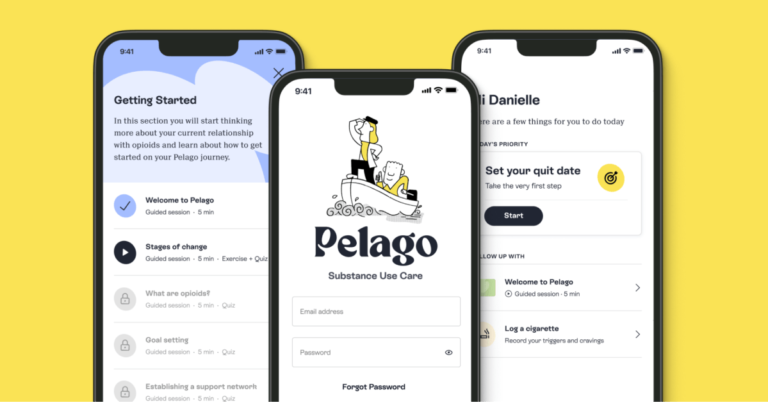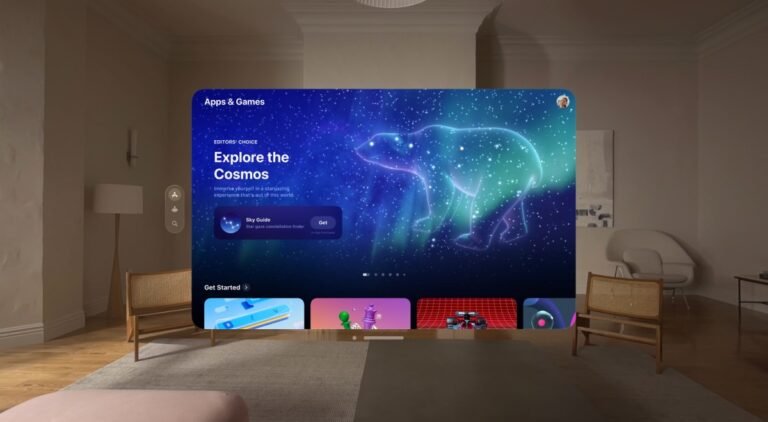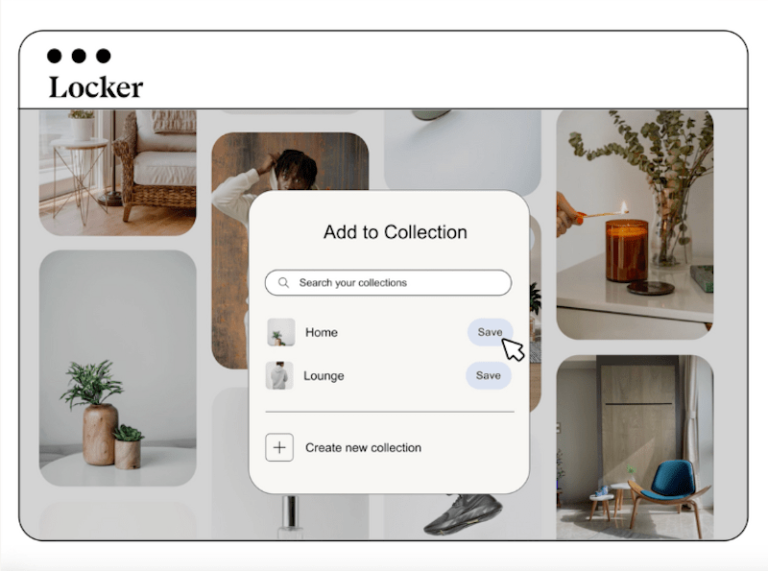
It may seem like a paradox to have virtualized Kubernetes clusters.
Loft Labs saw a similar problem with resource utilization in Kubernetes clusters that VMware saw with server utilization, and has built a virtualization tool to make them more efficient by sharing common underlying applications.
Loft Labs lets users share these common applications with multiple virtual clusters in the same way that VMs share server resources.
“We’re essentially turning many clusters into one cluster, and then have virtual clusters on top of the common applications,” CEO Lukas Gentele told TechCrunch.
And the thing that we learned was the problem of sharing Kubernetes clusters, isolating tenants in the cluster and how hard it is.

A few months after its launch, how is Apple’s Vision Pro faring?
I am a long-term bull on augmented reality, virtual reality, and face-computers in general.
So it is to my partial chagrin that the hype around the Apple Vision Pro has faded more rapidly than I anticipated.
But I anticipated the Apple brand to keep the hardware in the news — and atop our collective minds — longer than it managed after its launch.
I find it archaic that my monitors are akin to digital chalkboards when they should be built into my glasses.

Hinge Health, a nine-year-old company that offers a digital solution to treat chronic musculoskeletal (MSK) conditions, cut approximately 10% of its workforce on Thursday, TechCrunch has exclusively learned.
The company said people who were laid off worked across various functions; according to employees posting on LinkedIn, some were engineers.
Before the layoffs, Hinge had more than 1,700 employees, according to a LinkedIn estimate.
The company has raised a total of $828 million, according to PitchBook data.
The company’s main competitor is General Catalyst and Khosla Ventures-backed Sword Health, which was last valued at $2 billion in November 2021.

Yoshi Mobility has come a long way since gassing up cars on the side of the roadAlmost 10 years ago, Bryan Frist, Nick Alexander and Daniel Hunter had an idea to inject some technology into the automotive industry.
Using the initial entry point of gas, they started the Yoshi Mobility app to deliver gas to San Francisco-area consumers on their day of choice for $20 per month.
Expansion and new businessToday, Nashville-based Yoshi Mobility is settled into three business lines: preventative maintenance, virtual vehicle inspections and electric vehicle charging.
It has boots on the ground in 15 states, but can offer vehicle services to customers in all 50 states.
Yoshi Mobility has increased its revenue 10x monthly since its Series B in late 2020, Frist said.

Most recently, the company expanded its offer its virtual therapy sessions to services for adolescents across its footprint.
The virtual clinic’s medication-assisted treatment for substance use disorders is available across 50 states for adults and teens.
Since its Series B, Pelago has experienced an impressive 11x revenue surge and claims to have 100% client retention.
Pelago members have regular sessions with virtual care teams in the app, consisting of health coaches or licensed drug and alcohol counselors.
In addition to its virtual therapy interface, the company is investing in bringing more tech to bear on its business.

Apple released VisionOS 1.1 on Thursday with the most notable feature being improved personas of users.
Additionally, users can also now set up their personas without holding the device through Settings>Persona and selecting “Hands-free Capture” mode after initial steps for setup.
The new version of VisionOS also introduces Mobile Device Management (MDM), for enterprises to manage their devices.
This enables admins to set up devices for custom configuration, install apps at scale, and perform a remote erase of the device.
“We know that in order to unlock all of [the power of the Apple Vision Pro], businesses are going to want to manage these devices at scale.

In May 2019, Ultrahaptics and Leap Motion became Ultraleap (not to be confused with Magic Leap, which operates in the same space).
“I think it’s a long-term vision for XR,” Carter said of the deal.
Founded by a pair of University of Bristol students three years after Leap Motion, Ultrahaptics harnesses ultrasound waves to create tactile feedback.
Much like the earlier Leap Motion product, it would be possible to mount a device to the front of the visor, but directionality is important.
The Leap Motion tech determines your hands’ orientation in space, while haptics provide tactile feedback when you come into contact with the virtual object.

A startup called Virtual Staging AI is making it possible for Realtors to virtually stage a house with the help of generative AI.
Virtual Staging AI, which is part of Harvard Innovation Labs, currently has 4,500 monthly paid subscribers and is looking to transform the real estate and staging industry.
Instead of having to share images of empty rooms in a listing, the tool gives Realtors realistic images of furnished rooms.
While Realtors could hire someone to digitally stage a room using tools like Photoshop, Virtual Staging AI promises a cheaper and faster way to do so.
Real estate has continued to evolve over the years, going from offering only in-person showings to facilitating virtual tours.

After years of copying and pasting shopping links into spreadsheets and taking screenshots of products to share with her friends and family, Kristine Locker finally decided to launch a social shopping platform (which she named after herself) that could take her endless tabs and organize them into a shareable, virtual wish list all in one place.
Locker recently closed on a $2.5 million round from Wonder Ventures at a $9 million valuation, the company announced today.
For instance, you get exclusive Locker merch if you refer 25 users to Locker.
At 500 users, you get $750 to purchase an outfit from your Locker collection, the startup’s founder explains.
Its average commission rate is around 12%, however, depending on how much exposure the brand wants, Locker raises the rate to as high as 25%.

Wizards of the Coast and Resolution Games have announced their collaboration to bring Dungeons & Dragons to virtual reality.
The franchise also made a splash this year with a Hollywood film and the hugely successful Baldur’s Gate III, a video game that licenses Dungeons & Dragons IP.
— but it continues Wizards’ trend of bringing Dungeons & Dragons away from the table and into digital media.
It’s also not clear whether this is a platform for players to connect with their friends to play D&D through VR, or if they’re telling a whole new story, like the “Honor Among Thieves” film.
It’s common for people to use platforms like Foundry and Roll20 to play D&D with non-local friends, and Baldur’s Gate was a hit, but… are we really trying to eldritch blast our enemies in VR?













